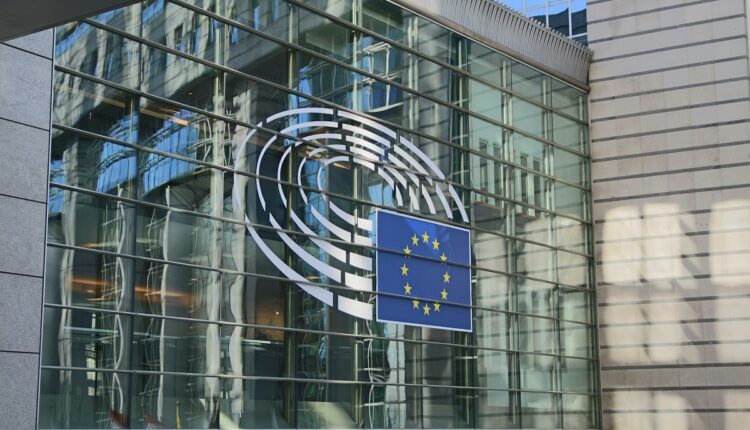Digital Passport in the EU will facilitate border control
In addition to facilitating procedures to travelers and providing them security, digital passports in the European Union will serve to speed up the border passage
With the issuance of digital passports, the European Union not only seeks to do the process simpler, but to allow transit between borders to be faster.
The European Commission states that digital travel documents “will be free, voluntary and less annoying, and will offer a more fluid and safe experience for travelers” of the EU Schengen space.
People who leave or enter in this space “can digitally store their travel credentials, according to the plans presented by the European Commission.”
In this sense, from the organization they have assured that the giving them collected in the chip of a passport or identity document can be transferred to a smartphone with the aim of expediting the border crossing.
Vera Jourová, vice president of the Commission and responsible for values and transparency, estimates that the digitalization of the passport and other documents will allow “a more fluid and safe travel experience.”
The European agency emphasizes that having the information about travel plans and the documents previously digitized and saved in an electronic device will allow them to present them to the authorities in advance. This will result in a time reduction for the border crossing process invested in the verification of the information.
With this, the authorities may focus on more worrying aspects, “such as immigrant traffickers.” This digital document is expected to enter into force in 2030.
The digital passport in the region still expects approval by the EU Council and the legislators of the European Parliament. His discussion coincides with the discussion phase for the introduction of “a new independent system control system and exits of the EU Schengen space” that could enter into force in November.
On this new system it is known that travelers not belonging to the EC member countries must undergo a scan when entering the “Schengen space, the passport -free interior area that covers most of the most Norwegian EU, Iceland, Liechtenstein and Switzerland, but excludes Ireland and Chipre.”
M.Pino
Source: euronews
(Reference image source: Guillaume Périgois in Unsplash)
Visit our news channel on Google News and follow us to get accurate, interesting information and stay up to date with everything. You can also see our daily content on Twitter and Instagram


